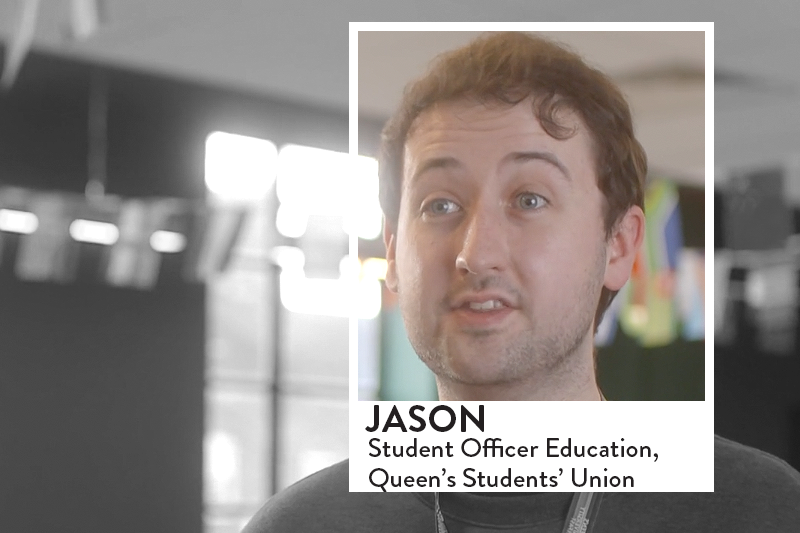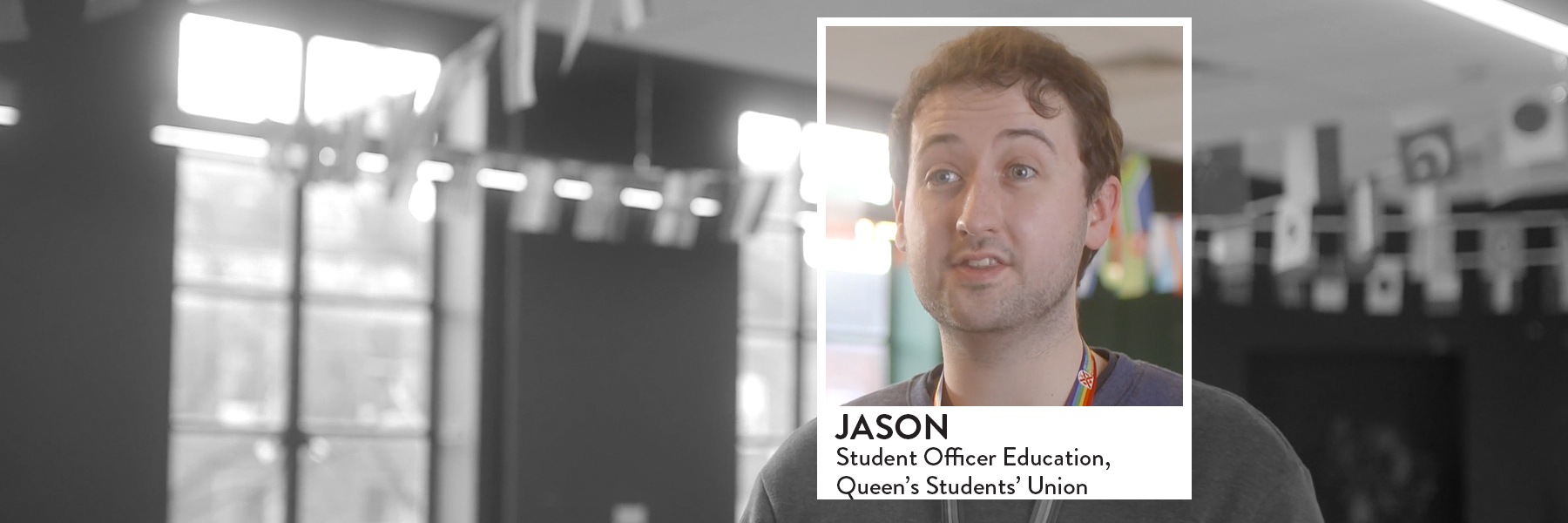Student Stories
"The sooner you bring your problem to someone’s attention, the more room they have to manoeuvre. It’s as simple as that."
All sorts of things than can affect someone’s mental health and wellbeing, or trigger a problem
Getting students in front of the right people, as early as possible. In a nutshell, that’s what my role is. It sounds relatively straightforward – a matter of signposting – and it should be, despite the fact that you’re often you’re dealing with difficult, sensitive situations.
But there are two main problems I see all the time. The first is the challenge of ‘the right people’. Often, students don’t know about the options they have available to them – which is why I welcome this campaign.
Workloads, converging deadlines, exams: these are the kinds of things that cause serious stress and anxiety’
When a student gets in touch with me, it’s because they have a problem related to their course. Pressure from workloads, converging deadlines, exams: these are the kinds of things that cause serious stress and anxiety. Sometimes personal issues or circumstances like a sudden illness in the family or a bereavement can be the cause. For other people, the problems are more deep-rooted.
Whatever the case, there are ways to deal with the impact. For a start, all undergrads are assigned a personal tutor, usually a lecturer in their department. This is distinct from their advisor of studies. The personal tutor has a more pastoral role, whereas the advisor of studies is of course more concerned with academic issues. What’s more, there’s a student representative on every course as well. All three of these people can help with different aspects of issues a student may have.
The University is on your side… if you’ve a genuine problem, they’ll try to find a solution
When it comes to deadline extensions or deferments, there is a process known as exceptional circumstances. Again, that’s something I can support on and signpost students in the right direction. The main thing I want students to understand from the very start is that help is available. There are no promises or guarantees, of course, but if you’ve a problem, the University will try to find a solution.
For example, the Covid pandemic has complicated life enormously for everyone. In normal circumstances, an exceptional circumstances decision will mean an extension of five days. That’s now been increased to 14 days to help alleviate student pressure. The University has also published six key commitments to supporting student assessment
There’s also something called ‘fit to sit’. In practice, what this means is that if you sit an exam or submit an assessment, you deem yourself fit to be assessed on your performance. All students should be made aware of this and if you’re not fit to submit an assessment, then don’t.
This brings me to another concern students have. Often the issues are really personal, private things. They’re reluctant to talk about them, particularly to tutors, with whom they have a more formal, academic relationship. Yet the problem is causing real difficulties. That’s why we have mechanisms to disclose very personal and sensitive circumstances. It’s my job to point students towards these mechanisms. Students can find out more here.
Of course, my role is also more support and we are so lucky to have a fantastic advice team in the Students’ Union called Advice SU. They have five trained professional staff you can talk to – including about off-campus issues, by the way. Those advisors, my office, your personal tutor: we can all act as a go-betweens, intervening on your behalf. Advice SU can be contacted at studentadvice@qub.ac.uk.
Help is available. But you can help yourself by talking to someone sooner rather than later
That leaves the second part of my role, which I mentioned at the very start of this article and that’s about timing. The sooner you bring your problem to someone’s attention, the more room they have to support you. It’s as simple as that. If you leave it to the last minute, your choices might be more limited, though you should still definitely reach out! That’s what I’d like students to take away from this. Help is available. But you can also help yourself by talking to someone sooner rather than later.
Get Support
Mental Health issues can affect anyone at any time. But confidential, professional help is available through the University.
To find out more, click the button below:
#QUBeWell

Whatever the case, there are ways to deal with the impact.
